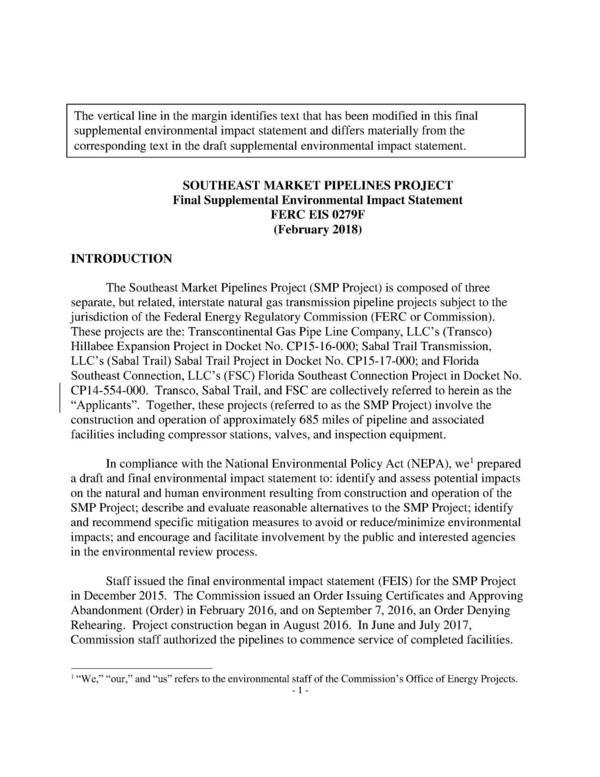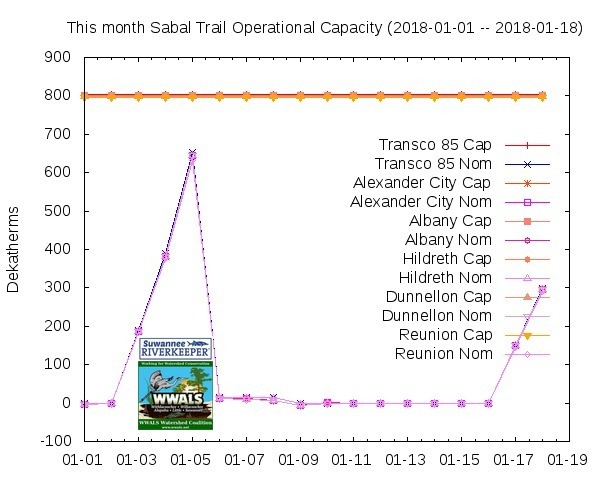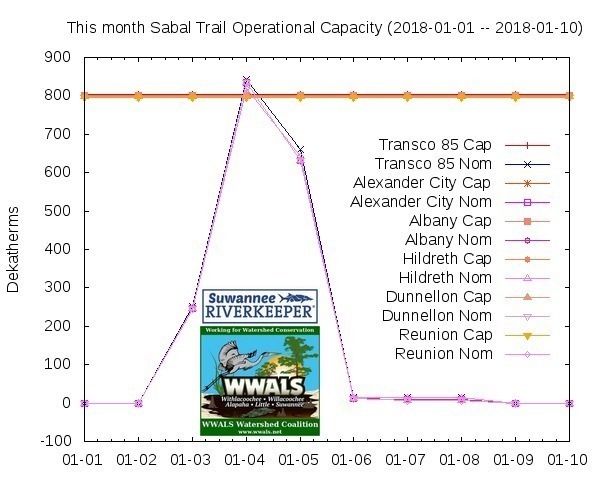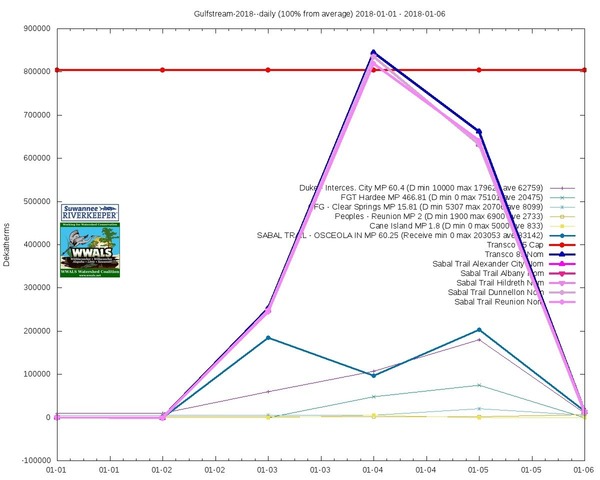Gretchen got a rainbarrel from the City of Valdosta, I got some concrete blocks, we set the barrel on the blocks and connected it to a PVC pipe from a raingutter. In about 20 minutes of rain, the 50-gallon rainbarrel was full. We don’t even live in Valdosta, but rainbarrels are also about preventing sewage spills; read on.

Photograph: John S. Quarterman
at Okra Paradise Farms, Lowndes County, Georgia.
Within an hour we had a hose hooked up and we used some of the water in transplanting trees.
Video, more pictures, and more links to materials from the city of Valdosta and the state of Georgia on a separate LAKE blog post.
Part of Valdosta’s incentive for this Stormwater Education Outreach can be inferred from Continue reading









